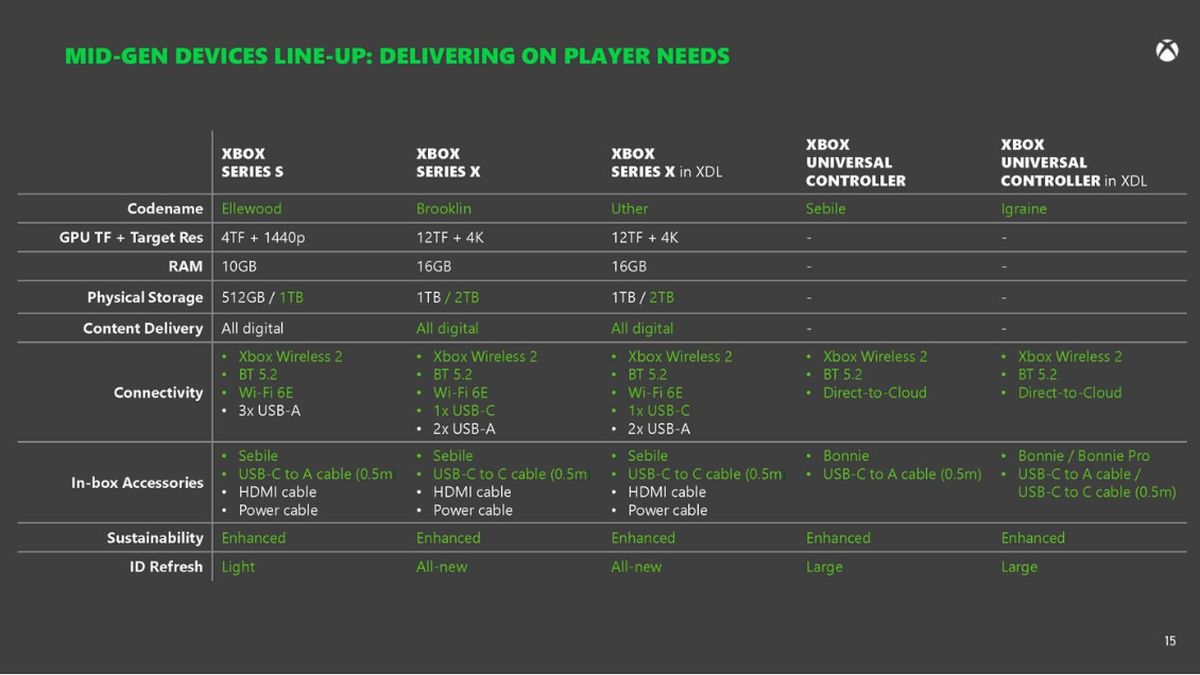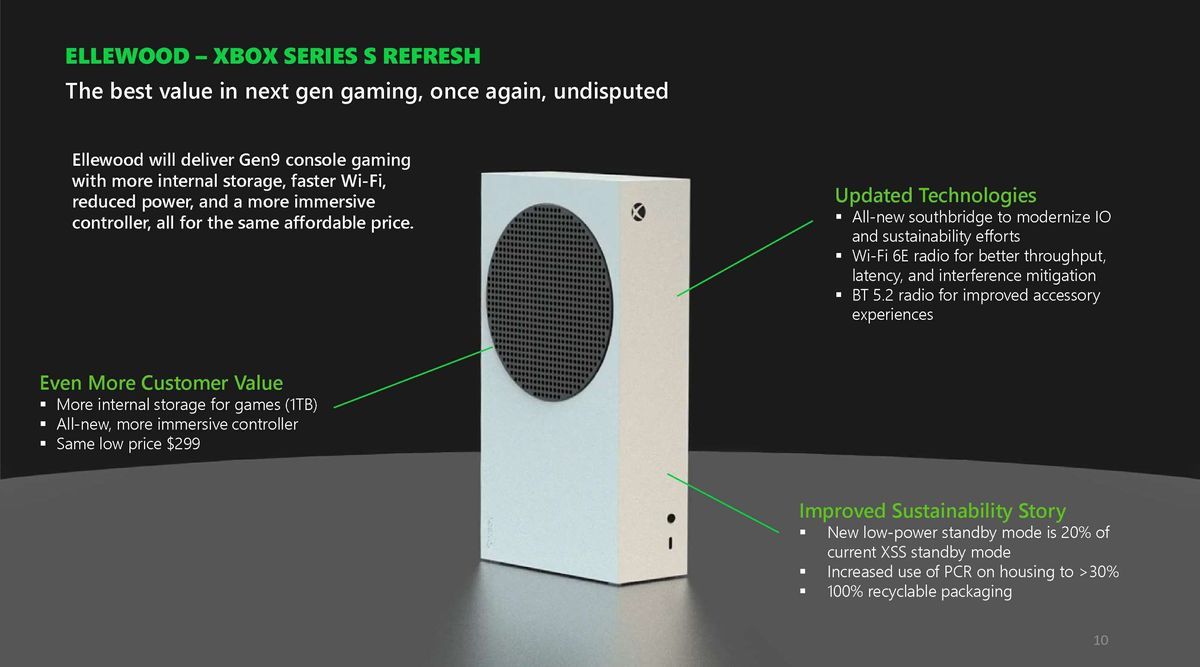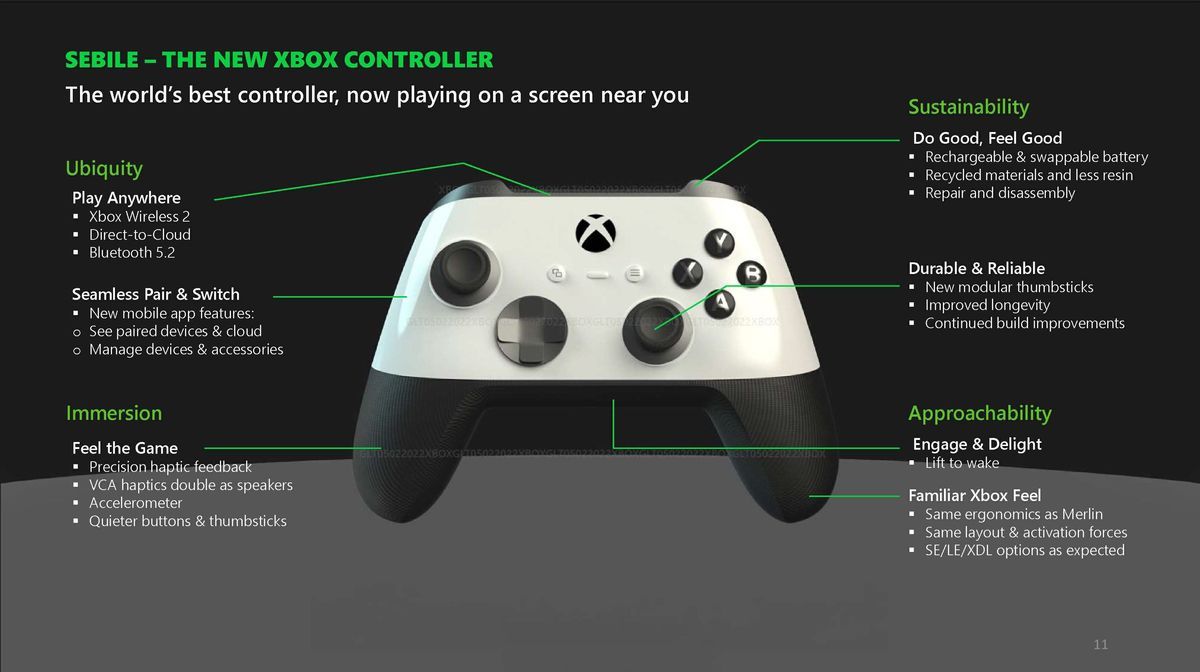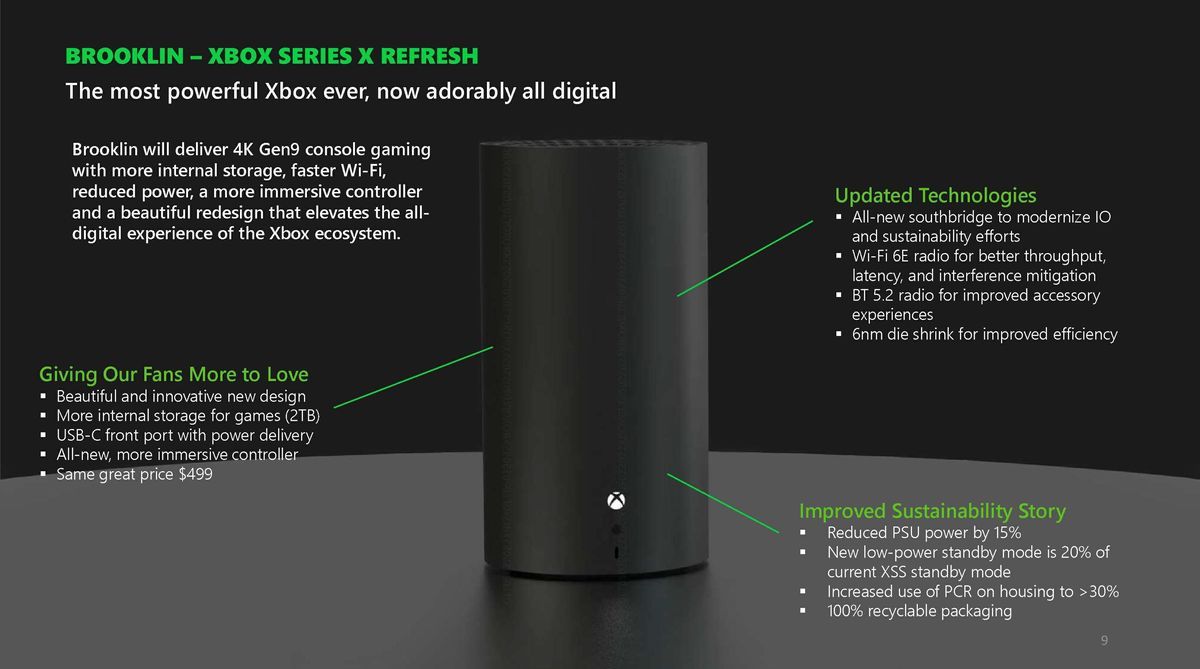In the wake of rumors suggesting Xbox going out of business, its commitment to exclusive titles, and its position as a console manufacturer, Phil Spencer has recently assured his team that the brand has no intention of halting console production.
This reassurance came to light through Shannon Liao’s weekly industry newsletter on Substack, where she detailed Spencer’s efforts to quell concerns at a Tuesday all-staff meeting.
Liao highlighted: “The company held an internal Tuesday townhall where Spencer told employees that there were no plans to stop making consoles, and that Xboxes would continue to be part of a strategy that involves multiple kinds of devices.”
Xbox going out of business rumors
Introducing Xbox titles on platforms like PlayStation or Nintendo Switch marks a major shift in Microsoft’s strategy, a move that undoubtedly required careful consideration. This approach not only extends the reach of Microsoft’s first-party games but also opens new avenues for increasing gaming revenue, though it is not without its challenges.
Leaked FTC vs. Microsoft documents:
The acquisition of Activision Blizzard, a staggering $68.7 billion deal, has propelled Microsoft’s gaming division ahead of its Windows revenue. This acquisition is particularly significant as it brings Call of Duty, a major revenue-generator across multiple platforms and mobile, into Microsoft’s portfolio. The potential slowdown in Game Pass subscriptions is also a contributing factor to Microsoft’s consideration of expanding its games to more platforms.
FTC leak reveals discless Xbox and new Bethesda games
As of May 2022, Microsoft set an ambitious target of reaching 100 million Xbox Game Pass subscribers by 2030. At that point, the service, which offers Xbox users access to a vast library of games, had already grown to 25 million subscribers, up from 18 million in 2021. This growth trajectory seemed poised to continue, especially with Microsoft’s focus on making its gaming services accessible across consoles, PCs, and cloud gaming.
However, the momentum of Xbox Game Pass began to wane. Anticipated exclusives like Starfield and Redfall were pushed back from their 2022 release to 2023, missing a crucial holiday season.
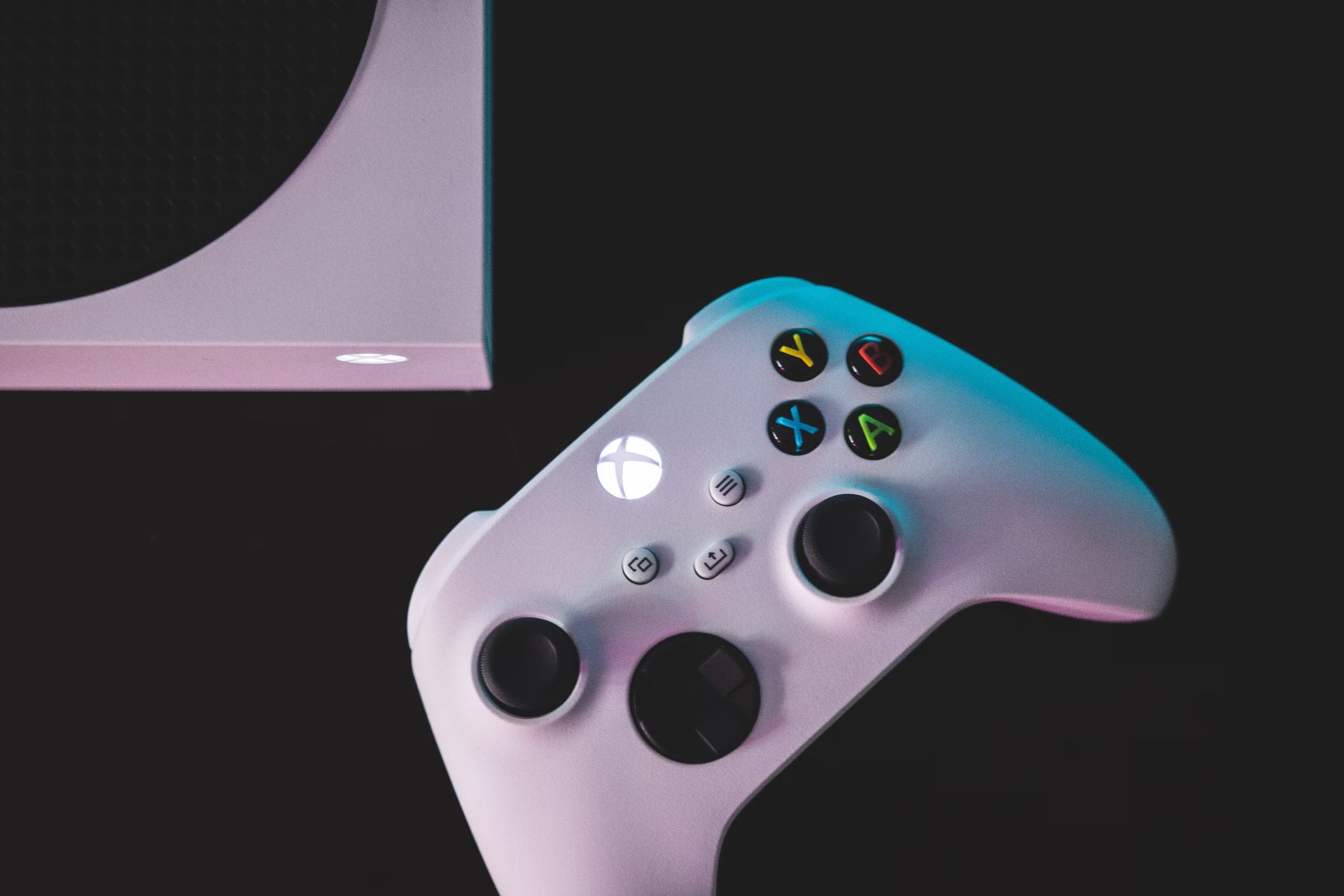
Since then, Microsoft has remained silent on the Game Pass subscriber count, leaving investors in the dark more than two years after the last update of 25 million subscribers was shared alongside the Activision Blizzard acquisition news. Analyst estimates now put Microsoft at around 33 million subscribers, a figure reflecting the challenging path ahead despite the company’s strategic shifts and the looming question of Xbox going out of business.
If these figures hold true, it indicates a growth of approximately 33 percent over two years for Xbox Game Pass subscribers. Despite aiming for a 73 percent increase in subscriptions within a single fiscal year ending June 2022, Microsoft achieved only a 28 percent uptick. Following this, the criteria for Xbox Game Pass growth were removed from the performance targets influencing the executive compensation for CEO Satya Nadella, after initially surpassing its ambitious internal goals for Game Pass in 2020 but then failing to hit those marks in subsequent years.
Phil Spencer Xbox statements relieved console gamers
Xbox leadership has provided assurances regarding the ongoing production of Xbox hardware, yet they’ve sidestepped the widely discussed topic: the speculation on Xbox exclusives being launched on Nintendo Switch and PS5 platforms.
It’s more plausible that Microsoft envisions a strategy that includes, but is not necessarily focused on, bringing select Xbox titles to other gaming platforms, amidst the backdrop of discussions about Xbox going out of business.
Such speculations have unsettled Xbox enthusiasts, stirring concerns that Microsoft might one day discontinue Xbox console production, thereby rendering digital Xbox game libraries obsolete and shifting to publish games on competing platforms. However, considering the over two decades of investment in Xbox hardware, it appears highly unlikely that Microsoft would abruptly abandon the console ecosystem that has been central to the Xbox brand and its financial success.
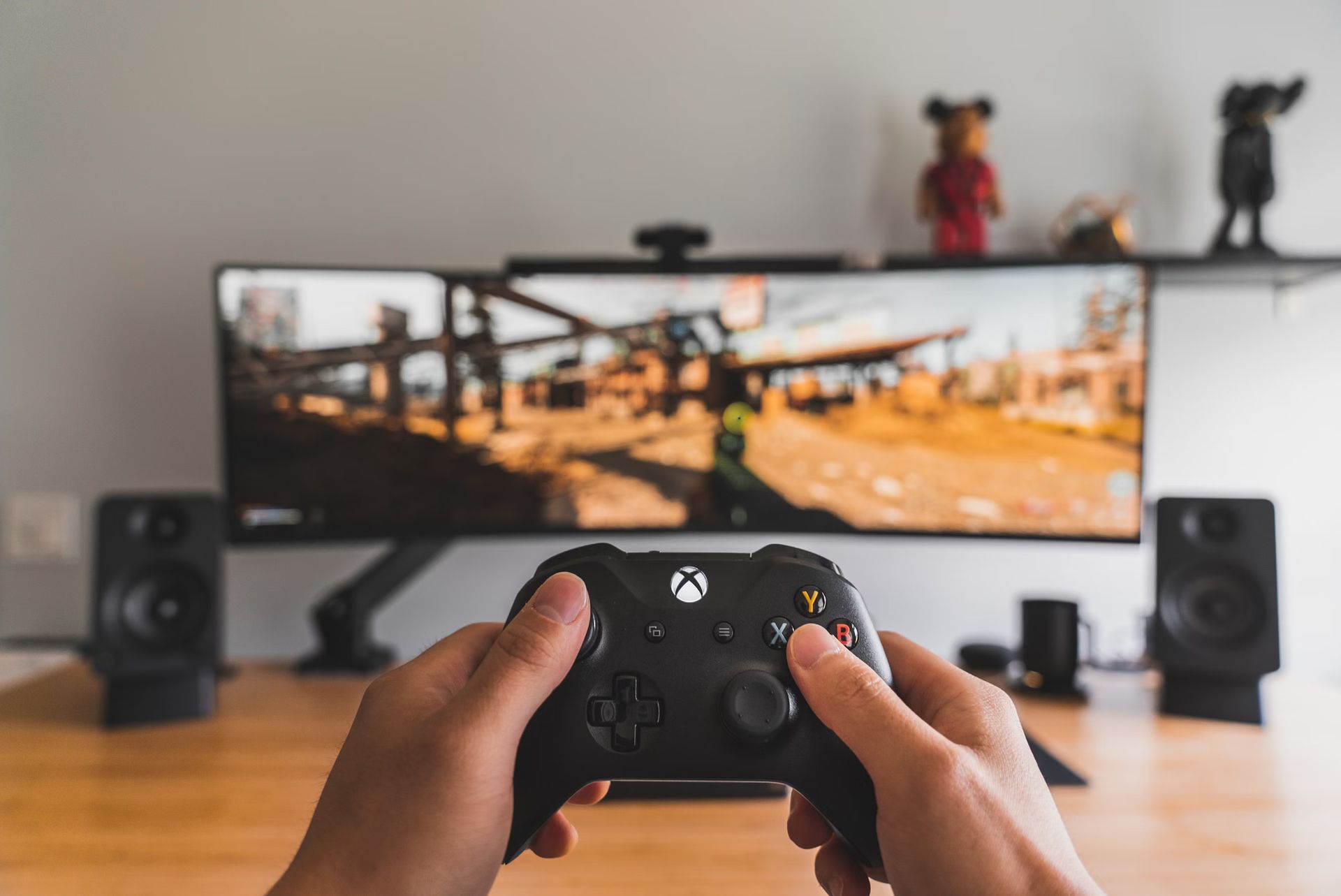
Over the past year, Microsoft has shifted its emphasis towards the growth of PC Game Pass and scaled down some aspects of its Xbox Cloud Gaming initiatives. The strategy involving the Xbox Series S, positioned as an affordable $299 Game Pass console, alongside cloud gaming, was expected to significantly contribute to reaching the ambitious target of 100 million Game Pass members, as revealed in the FTC v. Microsoft case documents. However, the sales figures for Microsoft’s latest consoles indicate that these alone will not suffice to achieve the company’s objectives.
In pursuit of further growth in Xbox Game Pass subscriptions and gaming revenue, especially from mobile platforms, Microsoft’s acquisition of Activision Blizzard plays a crucial role. The acquisition brings popular mobile titles like Call of Duty Mobile, Candy Crush, and Diablo Immortal under its umbrella. Microsoft is also considering the launch of a new Xbox mobile gaming store this year, hoping to leverage the European Union’s Digital Markets Act to challenge the current app distribution monopolies held by Apple and Google, thereby fostering a more competitive market.
This development suggests that merely expanding the availability of games to the Switch and PS5 might not suffice for Microsoft’s ambitious plans to enlarge the Xbox ecosystem. Consequently, it seems likely that Microsoft will need to unveil more about its future hardware strategies, especially in light of the ongoing conversations surrounding Xbox going out of business.
Featured image credit: Billy Freeman/Unsplash
